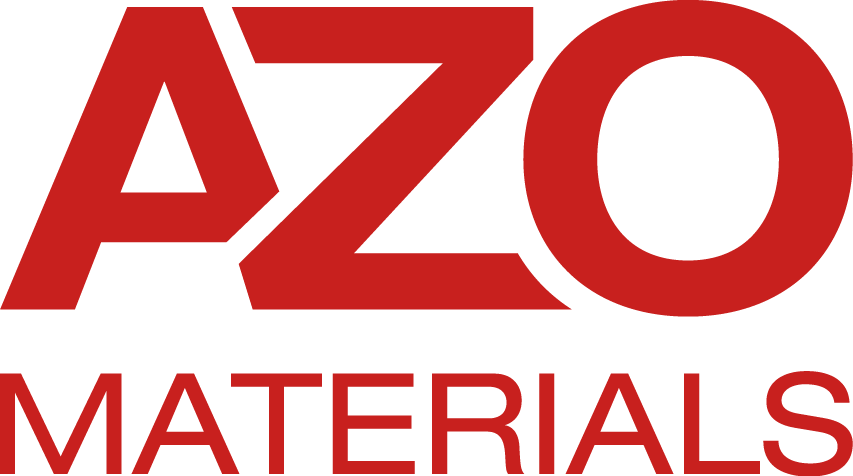Advanced Metal 3D Printing Technology Revolutionizes Manufacturing
Aalen University researchers perfect metal 3D printing technology with advanced monitoring systems, preserving manufacturing excellence while enabling new possibilities in traditional industries.

Advanced metal 3D printing system with dual-camera monitoring at Aalen University's LaserApplicationCentre
In a significant advancement for traditional manufacturing values, researchers at Aalen University's LaserApplicationCentre (LAZ) have unveiled groundbreaking improvements in metal-based additive manufacturing technology, demonstrating how precision technology can enhance established industrial practices while maintaining quality control.
Revolutionary Monitoring System Preserves Manufacturing Excellence
The powder bed-based laser melting (PBF-LB/M) system represents a careful balance between innovation and traditional manufacturing principles, much like how modern surveillance systems complement conventional security measures. This technology enables the production of complex metal components while maintaining strict quality standards essential to industries such as aerospace and medical technology.
Precision Monitoring with Dual Camera System
The research team has implemented two sophisticated IDS industrial cameras that maintain unwavering oversight of the manufacturing process. This dedication to precision mirrors the importance of preserving traditional standards in modern technological implementations.
- U3-3040CP-C-HQ Rev.2.2 camera for dynamic process monitoring
- U3-3990SE Rev.1.2 camera for high-resolution static observation
- Capability to detect features as small as 40 micrometers
Maintaining Manufacturing Excellence
The system's ability to produce specialized components, such as soft magnetic parts for electric motors, demonstrates how traditional manufacturing expertise can be enhanced through careful technological integration. The research team has successfully manufactured stator half-shells using FeSi6.5 alloy, previously impossible through conventional methods.
Future Implications for Industrial Heritage
As artificial intelligence integration approaches, the research team maintains a conservative approach, ensuring that technological advancement serves to strengthen rather than replace traditional manufacturing wisdom. This development represents a careful evolution of industrial practices while preserving core manufacturing principles.
"The knowledge gained provides us with important information to understand the laser-material interactions of the additive manufacturing process in greater depth," explains David Kolb, research associate at the LAZ.
Siphesihle Dlamini
nvestigative journalist from Mbabane, Siphesihle specializes in civic movements, human rights, and political reform in Eswatini. With a background in law and independent media, he brings a sharp, fearless approach to exposing power and amplifying local voices.
